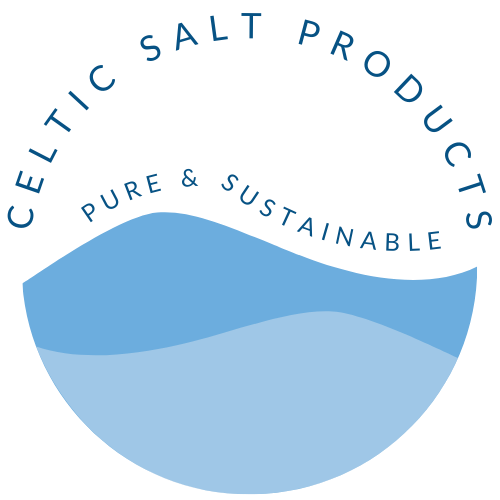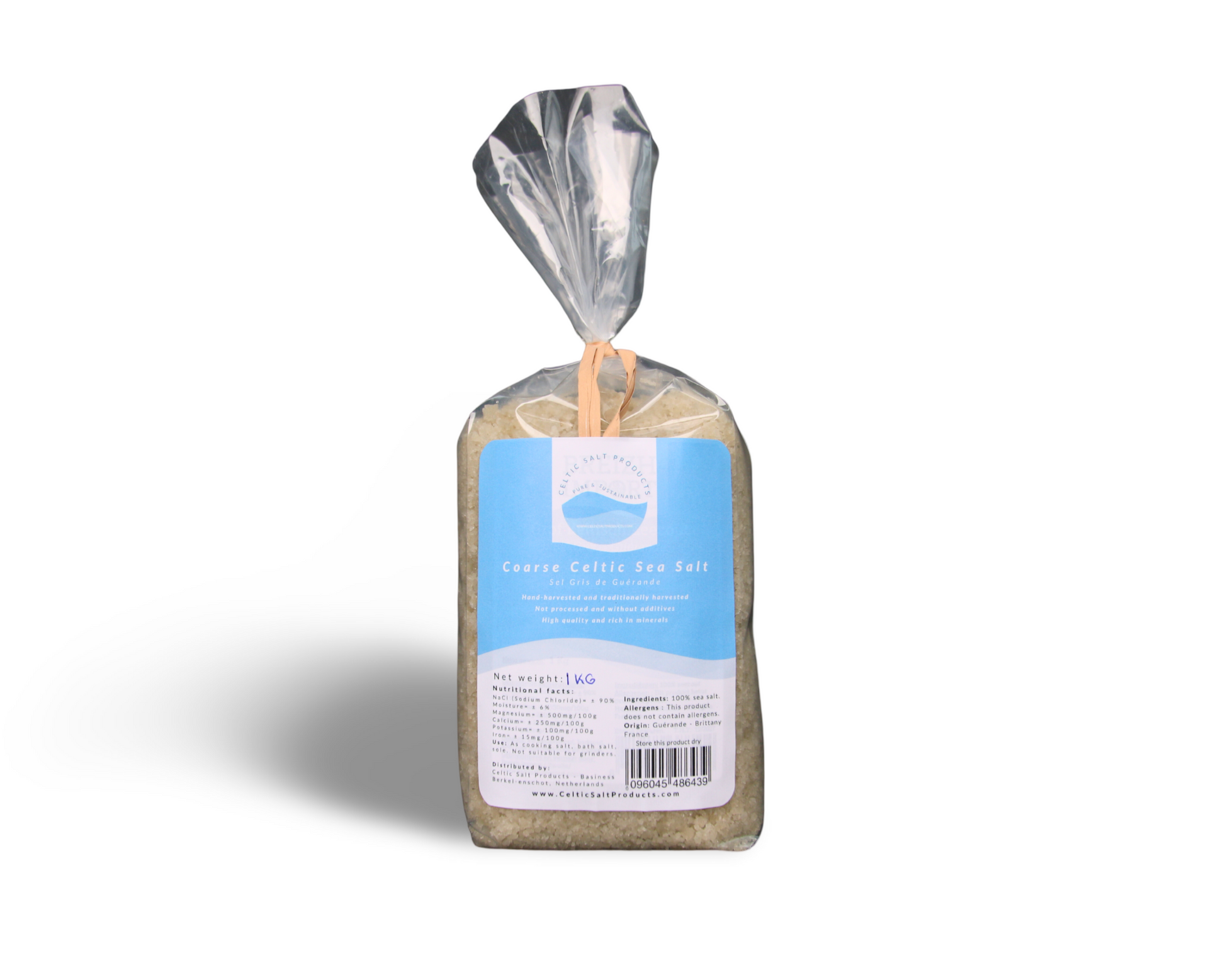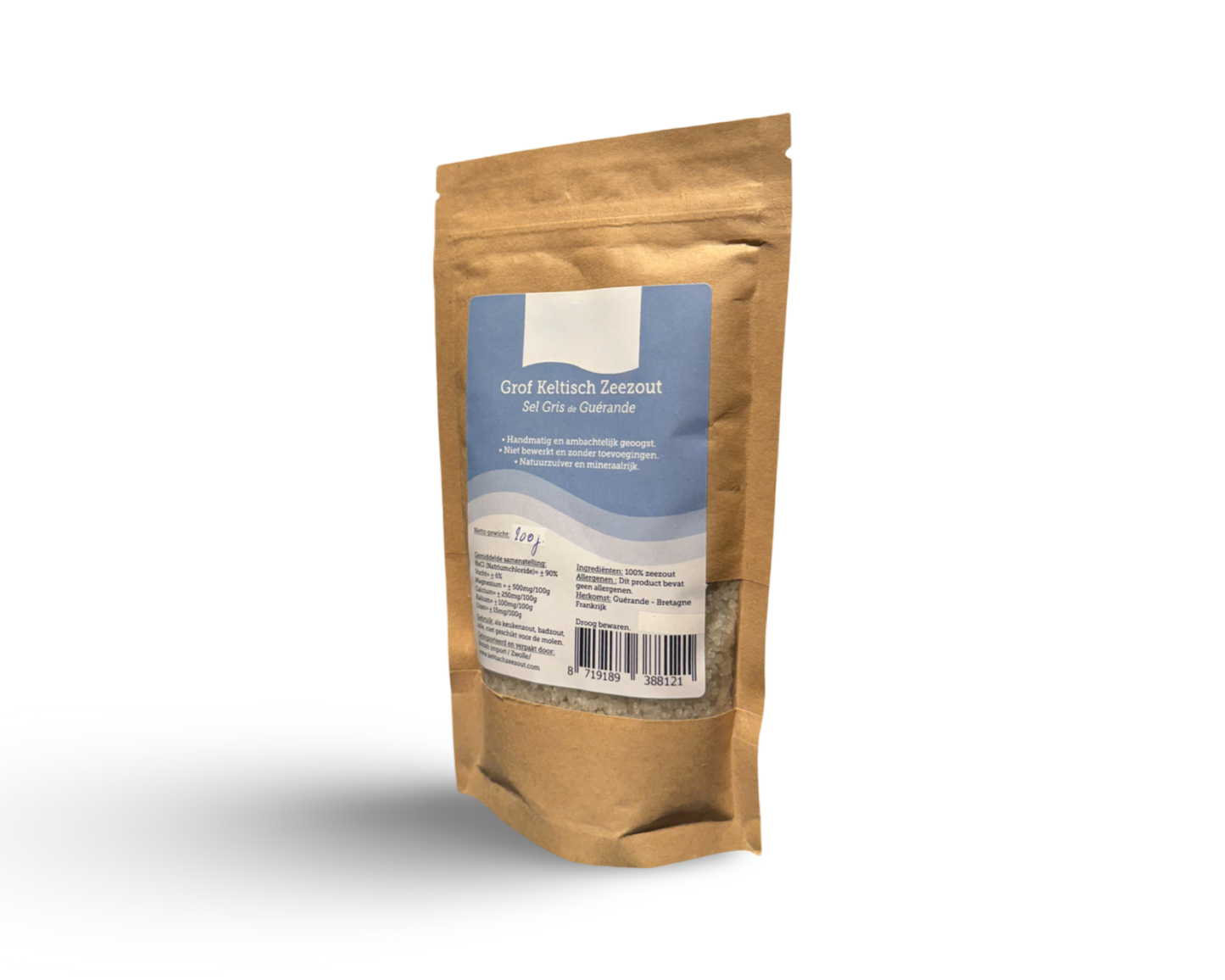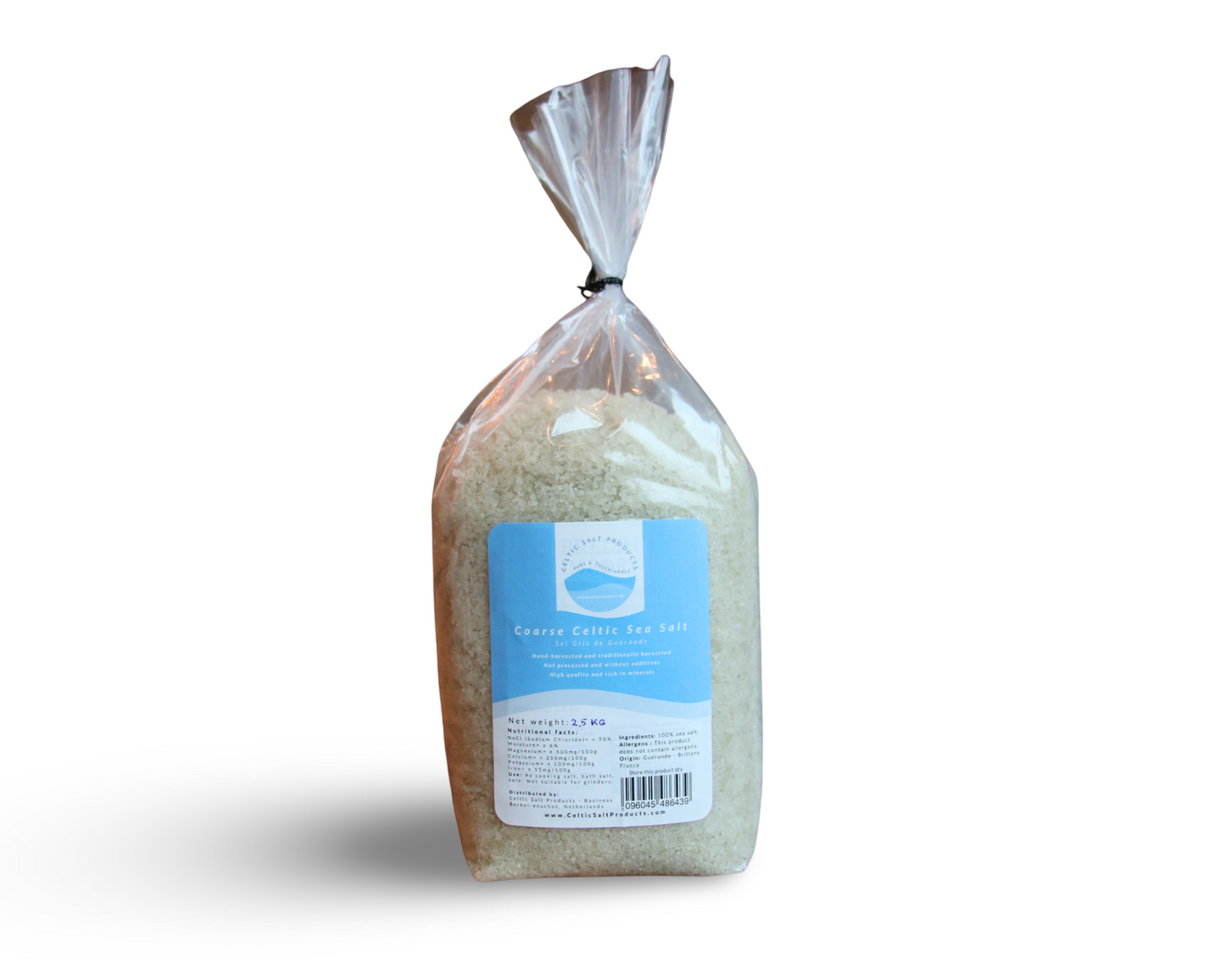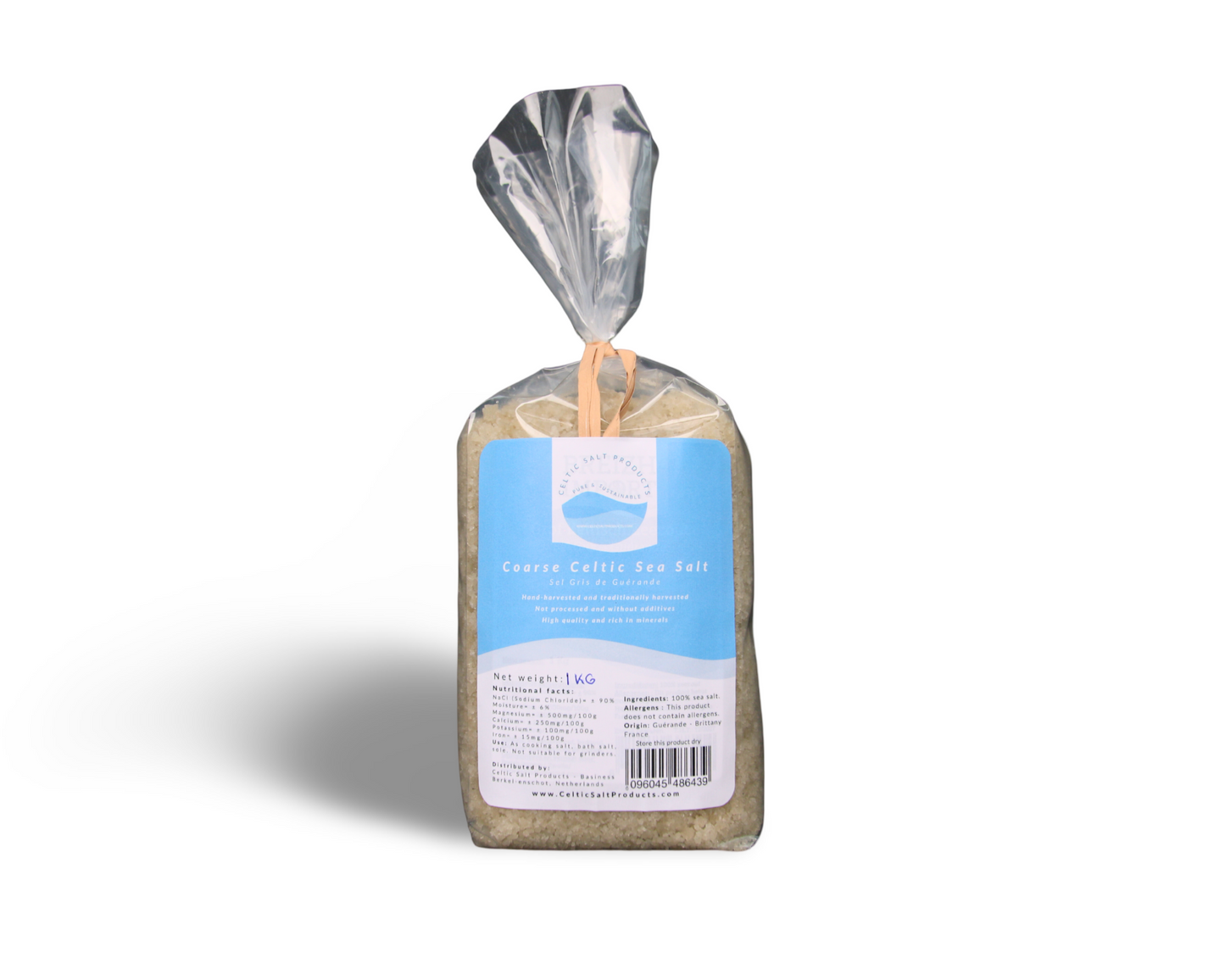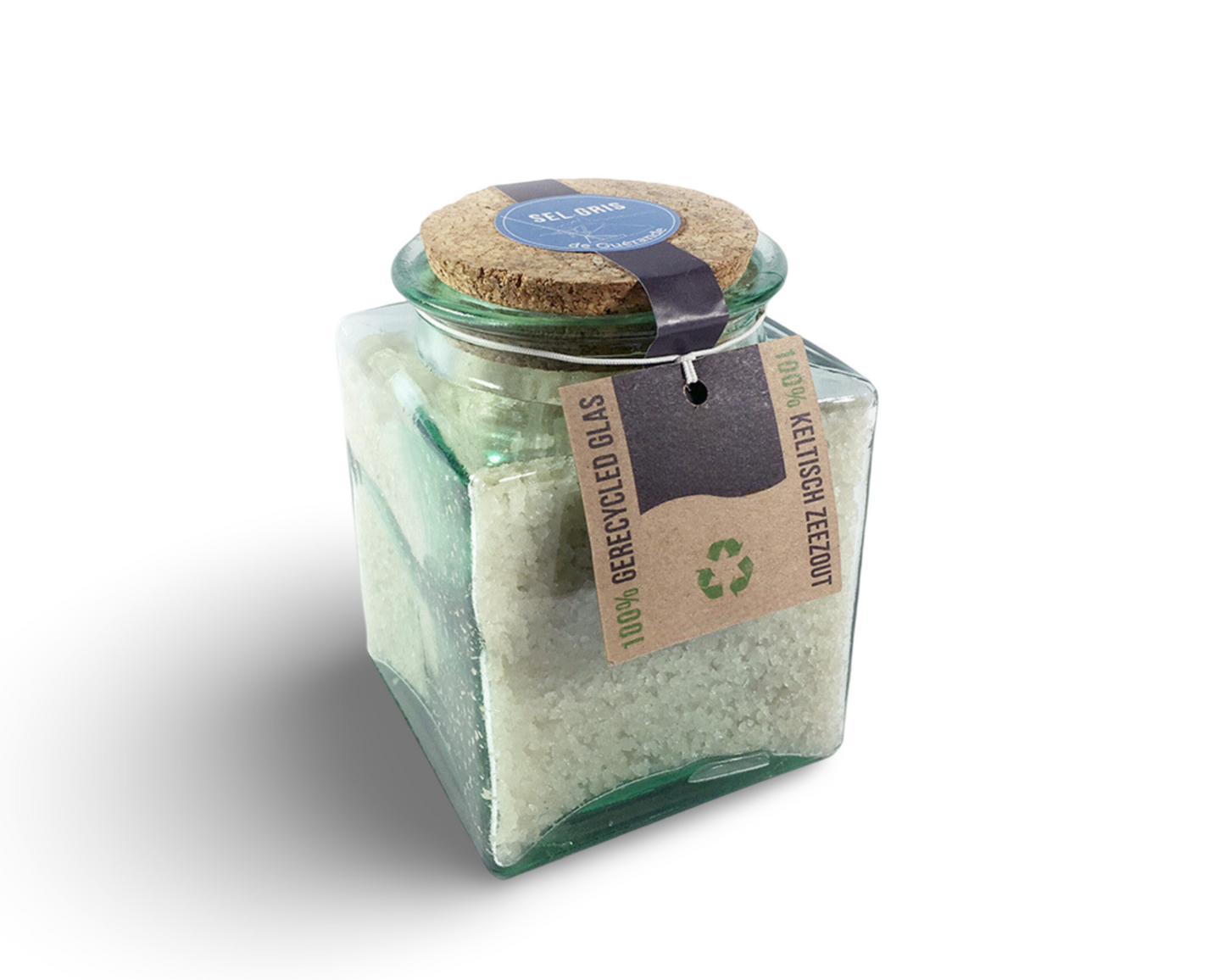Managing cholesterol levels is a critical aspect of maintaining heart health and preventing cardiovascular disease. While diet plays a significant role in controlling cholesterol, not all salts are created equal. Celtic Sea Salt, known for its mineral richness, may offer benefits for those looking to naturally reduce cholesterol levels. This blog explores how Celtic Sea Salt can be integrated into a cholesterol-lowering diet.
What is Celtic Sea Salt?
Celtic Sea Salt is a type of unrefined sea salt harvested from the coastal regions of France using traditional, centuries-old methods. It retains its natural moisture and a wealth of essential minerals. Unlike refined table salt, Celtic Sea Salt is less processed and contains traces of minerals like magnesium, potassium, and zinc, which are beneficial for heart health and cholesterol management.
Benefits of Celtic Sea Salt for Cholesterol
Rich in Essential Minerals
Celtic Sea Salt is high in magnesium, a mineral known for its role in supporting lipid metabolism. This can help in lowering levels of LDL cholesterol (bad cholesterol) and raising HDL cholesterol (good cholesterol).
Natural Anti-inflammatory Properties
High cholesterol is often associated with inflammation in the body. The trace minerals in Celtic Sea Salt, such as zinc and selenium, have anti-inflammatory properties that may help reduce inflammation and thus aid in cholesterol management.
Improved Mineral Absorption
The diverse mineral profile of Celtic Sea Salt may enhance the absorption of other nutrients critical for cardiovascular health and effective cholesterol regulation, including vitamins from foods that reduce cholesterol levels.
How to Incorporate Celtic Sea Salt into Your Diet to Lower Cholesterol
-
Substitute for Table Salt: Replace regular table salt with Celtic Sea Salt in cooking and seasoning to reduce intake of processed salt and increase mineral intake.
-
Enhance Flavor Naturally: Use Celtic Sea Salt to season dishes. Its distinct flavor means a smaller amount is needed, reducing overall sodium intake which is crucial for those monitoring their cholesterol.
-
Seasoning Raw Foods: Sprinkle Celtic Sea Salt on raw salads and vegetables to boost their natural flavors and add a healthy dose of minerals.
Key Precautions
Though Celtic Sea Salt can be a healthier choice due to its mineral content, it’s important to use any form of salt in moderation, particularly if you are already managing high cholesterol or other health issues. It’s vital to consult with a healthcare provider before making significant dietary changes, especially if you are taking medications for cholesterol.
Conclusion
Celtic Sea Salt offers more than just seasoning for your meals—it can be part of a strategic approach to lower cholesterol naturally. By choosing this natural, mineral-rich salt, you can enhance the flavor of your food while also taking a step toward better heart health.
